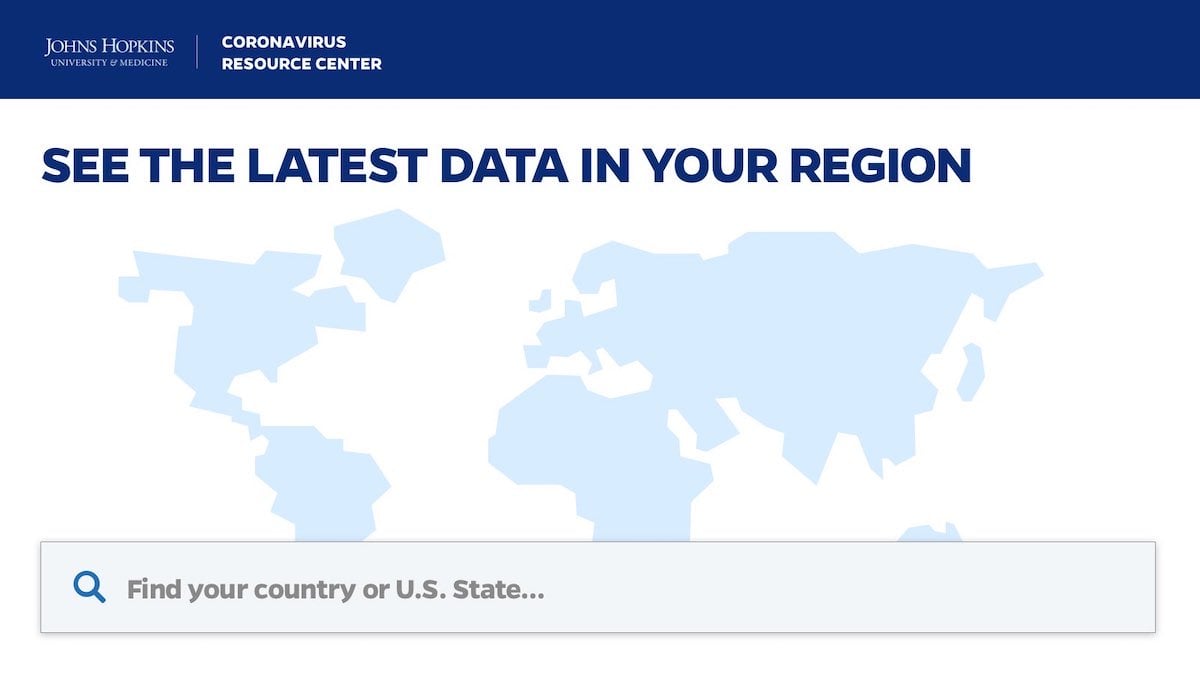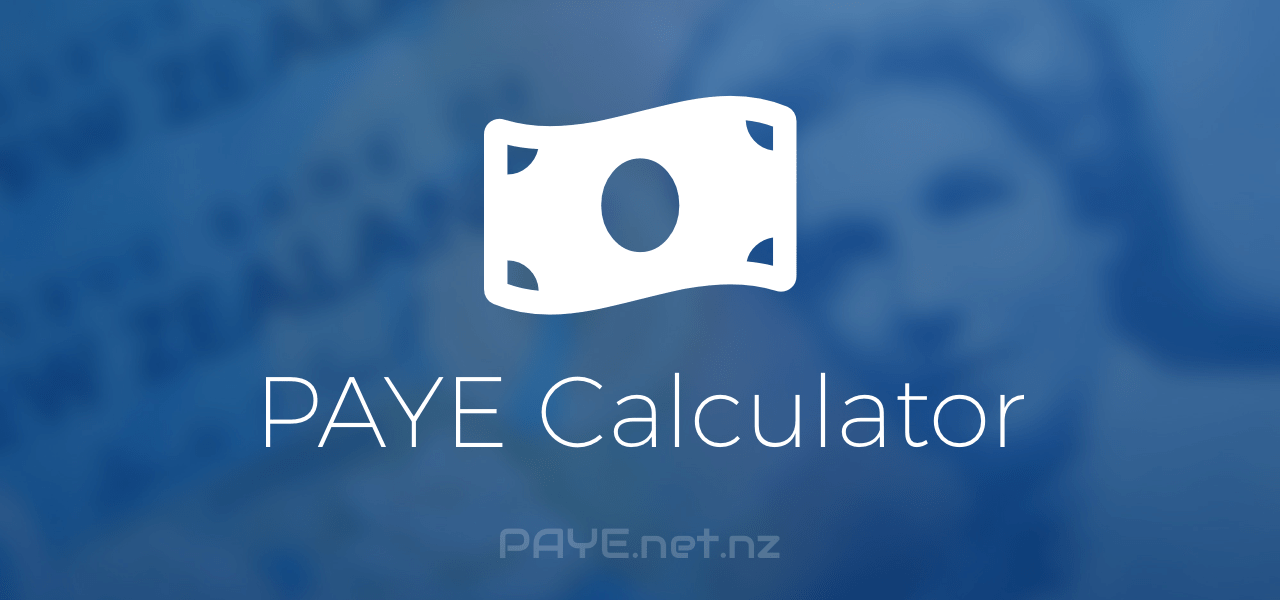At my hospital, there wasn't much role for a pharmacist prescriber. My coworker who had gone through the program refused to do any prescribing as he felt he wasn't being compensated and would be taking on additional liability. Which is sort of silly as there's pretty much no personal liability in NZ. I believe my boss had envisioned something like him rounding with the cardiac team and then putting everyone on aspirin/statin/beta-blocker, etc. It seemed like a poor use of a resource to me.
NZ internship: my pharmacy school still had an externship or clerkship, or something like that when I attended. It was like 6 weeks in a community pharmacy and then 6 weeks in a hospital over the summer. I think it carried over from the pre-Pharm.D. days. Pretty much slave labor. A NZ internship is like that, only it's a year and they get paid a solid $20 an hour. Maybe a little more now. My hospital tried to do some education with them; they get a preceptor that they meet with at weekly-ish, but they are mostly there for the cheap labor. There are very few pediatric (liquid) dosage forms available in NZ...so the interns would get called down to the pharmacy to compound things on a daily basis. I imagine a community internship would be dreadful.
Interviews: The country was definitely more desperate for pharmacists then, but I suspect they're still a shortage of hospital trained pharmacists. Some tips for getting interviews: contact the director or clinical director directly. Their name is usually in the job listing:
Job Details | Careers - Auckland DHB Being in the country is a definite advantage. They get contacted all the time from people who are "thinking about moving". If memory serves, I had set up more of a conversation, rather than an interview with two DHBs. One was the day before I took the CAOP (fresh off a plane) and one the day after. At both sites, they said "as long as you're here, why don't we put you through a real interview?" I set up a third one while checking my email on the free wifi at Te Papa...I think I got an email alert about a job posting. Made a phone call and took a cab over there. I'm 12 years older now and reading all this just sounds exhausting. I believe I had 2 firm offers before I had CAOP results...I didn't ask what happens if I hadn't passed. The job I ultimately accepted was set up from the US (after I had passed CAOP and when I had more approximate arrival dates) completely by phone. I think we were supposed to do Skype, but one of us was having technical difficulties. I'm guessing it wasn't me. Interview tip: read up on the Treaty of Waitangi, particularly with how it relates to health care. It will be counterintuitive to most of what you know as an American.
Money: We sold our house prior to moving. I paid off my student loans, which weren't insubstantial with the proceeds and had maybe $100k left over. I also ended up with what I'll call a very generous year end bonus/severance from the job I was quitting. I remember comparing that check to what I would be making in NZ and thinking I could live for six months to a year on it. Payroll deductions are less: there's no medicare/ssn, you're not paying for health insurance (unless you feel the need to buy private insurance), and my tax burden was considerably lower (but only because I made so much less money). Kiwisaver is like a government run 401k. When I was there, employers were required to match your contributions up to 2% (it might be 4% now). I went from maxing out a 401k in the US to contributing 2% to my retirement. And most Kiwis end up pulling the money out to use as a down payment on a home (which is allowed for your first home purchase). I suspect your friends in Wellington got there at a good time and bought a house for <$200k in cash. They probably bought additional property over the years. It's the Kiwi way, but unfortunately much harder to do now. In my opinion, you need a million US in most of the country for a house that would be comfortable for an American, and much more than that in Auckland. Interest rates are higher and a "fixed rate" is fixed for only 5 years. Most Kiwis have a floating rate that adjusts every month. It encourages them to pay it back faster (and the rate is lower).
A little more on money (I could write a book on this): What you should pay attention to is the trifecta of high costs. New Zealand is more like Hawaii than anywhere else in the US. You get expensive real estate, you get expensive energy costs (not just gas; think heat!), you get expensive food. Also, start up costs are huge. Most people recommend bringing as much stuff as you can and then selling anything you don't need. Say you're renting a house when you get here (note: rent is paid weekly if the listed amounts don't look that bad). The landlord says you need to take care of the garden. So you go to the store that looks like Home Depot, and decide to buy an old fashioned push mower because this is only temporary and it's a small lawn.
https://www.mitre10.co.nz/shop/power-garden-tools/lawn-mowers/hand-mowers/c/RF5297 $149NZ (about $100US) for the cheapest mower. Maybe it's higher quality than the $60 mower you could have bought at Home Depot
Manual - Lawn Mowers - Outdoor Power Equipment - The Home Depot but my experience has been the opposite. The low end of anything in New Zealand is like Dollar Store quality in the US.
Another example: I'm an avid cyclist. I could shop around on the internet for bicycle tubes and find roughly similar prices to the US, let's say $5US for a Continental road tube. But if I've got a flat while riding and have to stop at the local bike shop, it will run as easy $25 NZ ($17 US). That's an $8-$10 item in an expensive American bike shop.
I'll stop talking about money after: Economists talk about the Big Mac Index, it compares the value of money in various countries. Those are fairly similar between Los Angeles and Auckland. Maybe $8US for a Big Mac Extra Value Meal in Los Angeles and $12.50NZ in Auckland, which is pretty similar when you add on sales tax in LA, which is included in NZ. But that doesn't take into account the salary hit you'll be taking. So I like to use my own formula: time worked for a Big Mac Extra Value Meal. At my current job, it's just over 6 minutes. My best guess at what I'd be worth in New Zealand today puts the number at just over 18 minutes. I don't even like McDonald's and almost never eat there, but I started seriously thinking about leaving for the first time when my second child was born. I took the older one to a McDonald's while my wife was in the hospital with the new one. While she was playing in the McDonald's Playground (which most McDonald's there have), having the most fun ever, I realized eating at McDonald's was a luxury. We were getting by fine, but I was used to doing better than just getting by.
Board Certification: I would not expect anyone to see the value of the certification, but the experience you have would be looked upon favorably, particularly the critical care. I've read a 4 page CV is ideal for New Zealand; Kiwis will put information from high school on theirs to make them longer. Mine clocked in at six pages and I did get a couple of comments about it being "lengthy". Listing every rotation you did in pharmacy school/residency wouldn't be unusual. The universities award post graduate qualifications, they are more similar to having a Pharm.D. than a residency, which is why I never pursued anything.
Postgraduate study in Pharmacy - The University of Auckland Kiwis like having letters after their names. Every pharmacy organization you join will give you a new set of letters. You already have a good start with the qualifications. Note: if you haven't already, read about Tall Poppy syndrome. Simply, nobody likes a braggart. Understate when you sell yourself.
Immigration: A work visa is a much better plan. I had applied for residency before really thinking about finding a job, as the points system in place at the time seemed like a slam dunk.
Finally: I'd absolutely recommend doing this. I would treat it as a vacation, then you won't worry about how little you're making. If you end up being there permanently, that's good too. I've probably harped too long on how expensive everything is/how little money you'll have. The outdoors are pretty much free and nobody being in a hurry will add years to your life. We've had go bags packed a couple of times in the last 5 years; had I known covid was going to last this long, I would have moved back two years ago. Financially, I'm a little behind where I'd be if we hadn't gone over there (maybe a lot behind. I was in the corporate world before moving there and all my old coworkers are now independently wealthy from stock options/splits), but my retirement plan includes sending both children there for University; get your kids residency as soon as you can.
Feel free to DM me with any other questions. I'm sure everyone else is bored to death with this thread.


